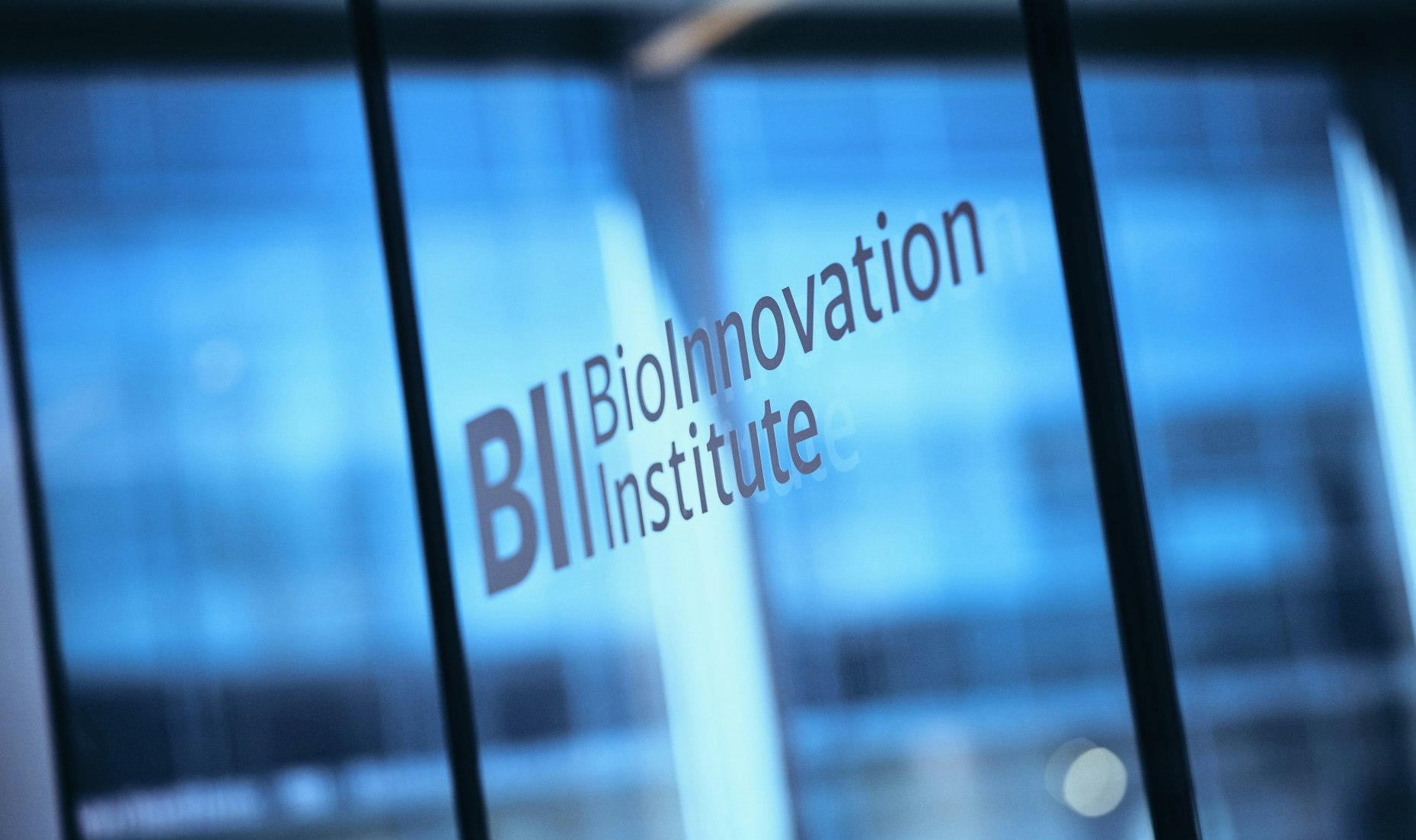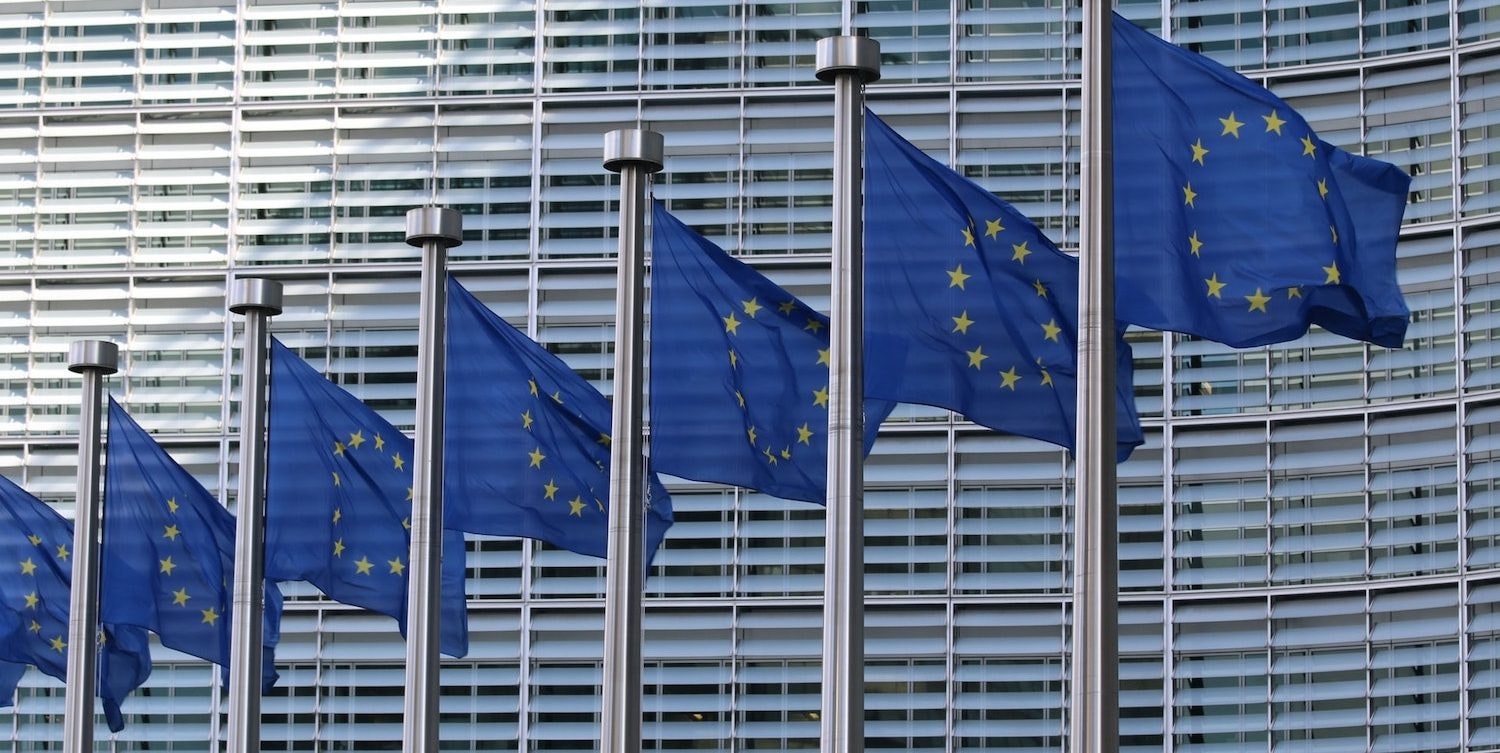More than a year after announcing €20m in funding for Ukrainian startups hit by the Russian invasion of Ukraine, the European Union is yet to pay out any money or even select which startups should receive it, Sifted has learned.
And this time it’s not only the fault of bureaucracy in Brussels, but also a potential conflict of interest.
The EU promised the money to struggling Ukrainian firms in June 2022, soon after the beginning of the war in Ukraine, but the scheme has been dogged by delays. The European Commission (EC) told Sifted that startups had not even been selected, let alone received money.
“There’s no confirmed date yet as to when the first startups will be selected and financed,” an EC spokesperson told Sifted.
The delay has been caused by issues with the evaluation of the applications from startup organisations and associations that wanted to manage the grant and distribute the money.
The spokesperson said that “the evaluation has taken longer than expected due to the high number of excellent proposals, to ensure the proposals fully meet the objectives and scope of the call, and ensure that any perception of conflict of interest was properly addressed.”
The scheme is now on hold following a complaint over how within the grant application process was handled.
“We’ve been informed that the grant agreement preparation has been temporarily put on hold,” says Sanyu Karani, CEO of the FundingBox group, the accelerator that was supposed to distribute the money.
The commission confirmed that “it has received a complaint about the evaluation process which is being assessed as quickly as possible.”
The delays
The €20m initiative aims to support at least 200 Ukrainian deeptech startups with up to €60k grant each and non-financial support, such as business advisory services, coaching, mentoring and matchmaking.
EU institutions are known for their slow pace when distributing money, and it usually takes around eight months from announcing a call for action to kicking off any grant scheme. The European Innovation Council (EIC), which is responsible for running the Ukrainian grant scheme, has a history of delayed payments to startups.
But this time, given the urgency of the situation, the EU pledged to fast-track the scheme via “accelerated planning”.
A European consortia of startup accelerators, organisations, consultancies and NGOs were supposed to apply for the grant until September 7 2022.
“We’re hoping that we’ll be able to make the project start as of February 1,” Daniel Gassmann, an official at the European Innovation Council and SMEs Executive Agency (EISMEA), the EIC’s umbrella organisation, said during a webinar in June 2022.
But the commission only communicated the results of the call in May 2023 — the grant was awarded to a pan-European consortium, coordinated by the FundingBox, a Warsaw-based accelerator.
The group is made up of 22 organisations and startup associations from 13 countries, including six from Ukraine; some of the announced participants include the state-owned Ukrainian Startup Fund and a Ukrainian accelerator Cyber/nnov8.
But despite the announcement, even this stage of the process isn’t finalised — the commission says it is still “verifying” some of those participating organisations and refuses to disclose their names. The grant agreement hasn’t been signed.
Sifted requested a full list of organisations participating in the consortium in a freedom of information request — but the commission said in a letter that such information “cannot be made public at the current stage.”
“One consortium was invited to start the grant agreement preparation… However, this process is currently still ongoing,” said Denisa Perrin, a head of unit at the commission. “Therefore, at this point in time, there is no "winning" or "runner-up” consortia as the decision to award a grant has not been taken and no grant agreement has yet been signed.”
Longer than expected
The application process took much longer than expected because all applications made under the scheme were unexpectedly reassessed in December 2022 and January 2023 — about which the participants of the call were not informed. The process was subsequently delayed because the evaluators had to look into a potential conflict of interest, according to internal EC documents.
In a document, seen by Sifted, Marc Lemaître, an EC official, wrote that the new evaluators had been appointed to reassess all proposals made under the scheme as the commission had “substantial doubts on the appropriate understanding of the call terms, objective and scope by the experts having evaluated it.” He also said that some “further delays” happened “due to the need to proceed with some additional checks before ending the evaluation and in particular to verify a potential case of conflict of interest.”
Sifted understands that the final signature of the grant was supposed to take place in September — but it has now been put on hold, as the commission is reviewing the complaint over how the application process was handled.
“We expect the grant agreement to be signed and launched during the autumn, at which point the information about the project and the consortium members will be made publicly available,” the commission’s spokesperson has said.
Conflict of interest
The EIC board discussed three conflict of interest cases during its meeting in April, according to the minutes from the meeting.
“Regarding open calls it was noted that the participation of board members does not represent an actual conflict of interest as the board does not advise on such calls and members have no involvement in the evaluation and selection of proposals. However, it was also noted that such participation could create a reputational risk,” the document says.
Thus, the members in such a position were “invited to either withdraw their applications for funding or offer their resignation from the board.”
Since then three members of the board — Jan Goetz, Ana Maiques Valz, and Kinga Stanisławska — have left the institution.
The commission’s spokesperson said that the EIC Board decided at its meeting in April that “its members should not participate in EIC calls as this may be perceived as a conflict of interest”.
“Three members have subsequently resigned such that they may participate in future EIC calls. None of these resignations was connected to the Ukraine call,” the spokesperson said.
Goetz and Stanisławska confirmed to Sifted that they resigned from the board to be able to participate in future EIC calls and that their resignation wasn’t connected to the Ukrainian call for grants. Maiques Valz hasn’t replied to a request for a comment.
Some competitors in the call, including from the Ukrainian ecosystem, have also expressed their concerns about the participation of the state-owned Ukrainian Startup Fund — which is the member of the FundingBox’ led consortium. One of Ukraine’s ministers publicly boasted that the USF would get the money from the EIC in July 2022, months before the final decisions on grant operators were made.
The USF hasn’t replied to the request for a comment by the time of the publication.



